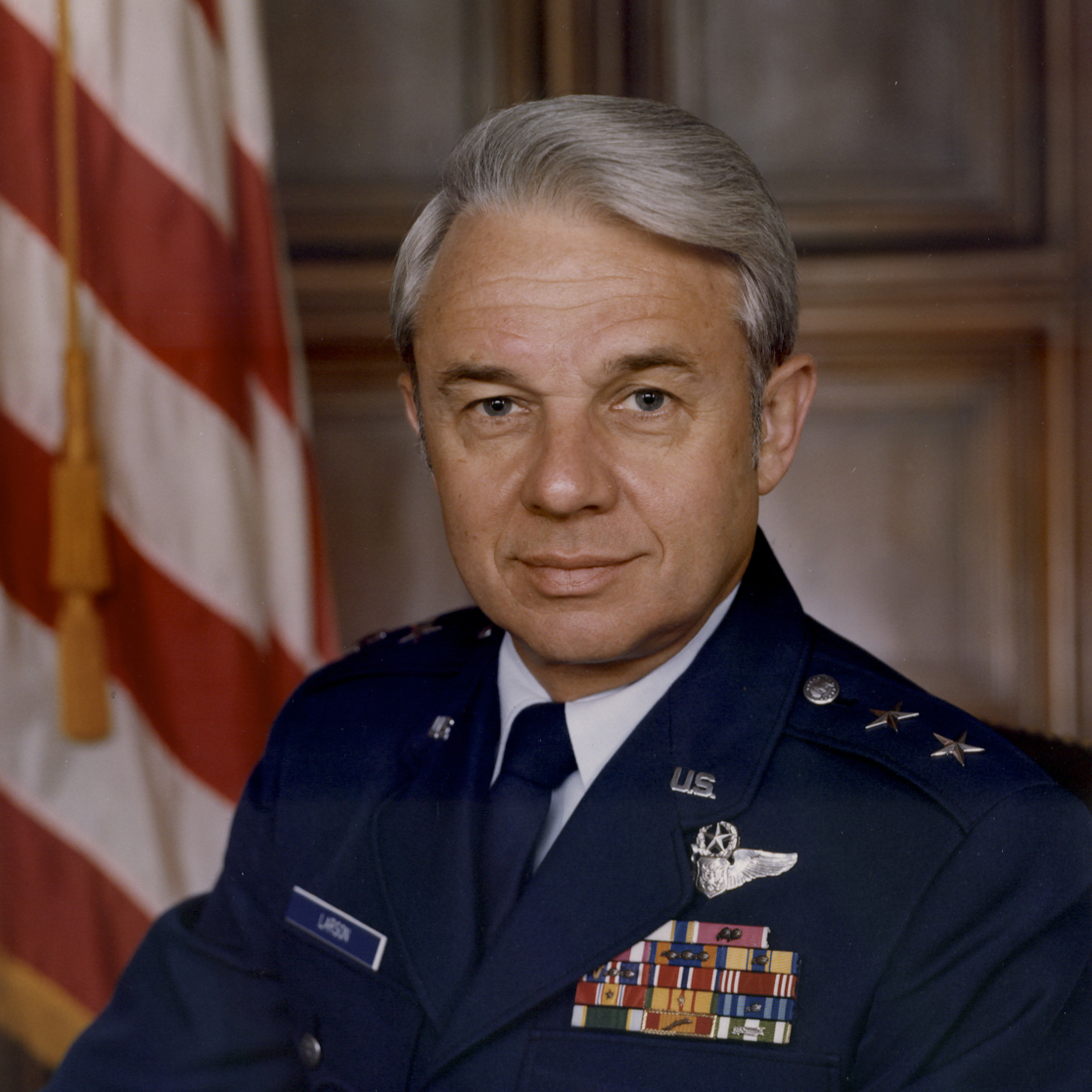Nsa Junior Officer Career Cryptologic Programme
At NSA, your career development begins on day one and continues throughout your career. We offer a variety of internal and external academic opportunities* to help you meet your professional goals.
He served as a SIGINT Officer at both Airborne and Ground units and was an Intern at the National Security’s Junior Officer Cryptologic Career Program. Smith was also an Air Force Foreign Area Officer and a certified Intelligence Community Civilian Joint Duty Staff Officer. Nsa Junior Officer Career Cryptologic Programme; Mario Moreno Cantinflas Descargar Peliculas; Motor Heavy Truck Service Keygen Torrent; Torrent Download The Office Season 8; Spore Game Free. The Junior Officer Cryptologic Career Program (JOCCP), developed in 1971 at NSA, provides junior officers (02-04) with an extensive three-year career development program in cryptology. Internally, NSA is a true global training enterprise with more than 20 campuses, four cryptologic centers and six cryptologic training schools. Our prestigious National Cryptologic School (NCS) offers. Information Warfare Officer Qualification Program (IWOQP) within 18 months after arriving at their first command. Optimally, new IWOs will be detailed to one of four National Security Agency Cryptologic Centers in Georgia, Hawaii, Maryland, and Texas. Special pay/bonuses. Academic/professional expertise. Baccalaureate degree.
Global Training Enterprise
NSA and the Intelligence Community offer advanced training opportunities.
National Cryptologic School
Internally, NSA is a true global training enterprise with more than 20 campuses, four cryptologic centers and six cryptologic training schools. Our prestigious National Cryptologic School (NCS) offers advanced classes in language, cryptology, leadership, education and business expertise.
National Intelligence University
The Intelligence Community has its own accredited university: The National Intelligence University (NIU). With its unique intelligence master’s and bachelor’s degrees and relevant certificate programs taught in a classified setting, NIU provides rigorous opportunities for career intelligence officers from day one.
Tuition-Funded Training Programs
Externally, we also offer four tuition-funded training programs with outside institutions:
Enable Accessibility Mode for a screen reader accessible version of the contentAdvanced Studies Program

Nsa Junior Officer Career Cryptologic Programmer
Permanent civilian employees with one year of experience can take advantage of advanced training programs at accredited colleges or universities while receiving a salary, tuition and lab fees for up to four semesters of upper-undergraduate or graduate level courses.
After-Hours College Program
Permanent civilian employees can use the After-Hours College Program to take job- and mission-related courses, offered at the undergraduate or graduate level, at an accredited college or university of their choice. NSA pays for tuition, lab fees, and online or tele-course fees.
Undergraduate Scholarship and Graduate Fellowship Program
To ensure our continued technical and managerial growth, NSA awards a limited number of full-time, mission-related undergraduate scholarships and graduate fellowships annually. Selected NSA employees normally receive full tuition, salary and time off to attend a full-time degree program at a local college or university.
Military Institution Partnerships
NSA offers a variety of specialized academic programs in partnership with such notable institutions as the Joint Military Intelligence College (JMIC), the Naval Postgraduate School, the National Defense University and the National War College. These programs provide tuition-free courses of study leading to undergraduate and graduate degrees in areas directly related to intelligence studies. Students may participate in on-location programs or in special sessions available directly on the NSA campus.
Transitioning Military Programs
DOD SkillBridge programs provide our retiring and transitioning Service members the opportunity to participate in industry training programs while transitioning out of the Military careers.
Enable Accessibility Mode for a screen reader accessible version of the contentDoD SkillBridge
DOD SkillBridge programs provide our retiring and transitioning Service members the opportunity to participate in industry training programs while transitioning out of the Military careers.
The DOD covers Military pay and benefits during a Service member's time in a SkillBridge program, providing an invaluable experience for the Service member and the Industry Partner.
For more information, visit: http://bit.ly/skillbridge1
* Continuation of all programs is contingent upon allocation of funding.
The Army is accepting applications from Regular Army officers in the ranks of second lieutenant through colonel who want to become members of the service's new career branch for cyber warriors.
Joccp Nsa
Selections for duty as 17A cyber warfare officers will be made by a Voluntary Transfer Incentive Program panel that convenes Dec. 2.
The application deadline is Nov. 7.
Results of this one-time 17A VTIP panel for accessing officers into the Cyber branch will be announced in early January.
The transfer program is limited to members of the Army Competitive Category, without regard to their current branch or functional area. The Army will not issue 'in/out' calls for this special panel.
National Guard and Army Reserve officers are not eligible for this particular accessions effort, nor are warrant officers and special branch commissioned officers of the Regular Army.
Officers who have been recalled to active duty, and officers who have made an interservice transfer to the Regular Army are eligible, provided they have served in their current career branch for at least 12 months.
Also eligible are officers who are serving active-duty service obligations related to participation in special professional development programs, such as the junior Officer Cryptologic Program, the National Intelligence University, the National Systems Development Program and the FBI Intern Program.
Sign up for the Army Times Daily News Roundup
Don't miss the top Army stories, delivered each afternoon
Thanks for signing up!
Sign up for the Army Times Daily News Roundup to receive the top Army stories every afternoon.

By giving us your email, you are opting in to the Army Times Daily News Roundup.

Officers who attended graduate school under the Advanced Civil Schooling Program, the Expanded Graduate School Program, Training with Industry Program and fellowship programs also are eligible.
Cryptologic Warfare Officer Program
Applicants in the ranks of second lieutenant through colonel must meet the following requirements:
■ Be able to obtain a top secret security clearance with access to sensitive compartmented information. The clearance must be obtained before attending the 17A qualification course.
■ Be able to obtain and maintain a counterintelligence polygraph exam, and have access to National Security Agency facilities. NSA access will be required for many assignments with the Army's cyber mission force.
Preferred academic credentials for 17A officers are a bachelor's degree or higher in electrical engineering, computer science, computer engineering, information technology, information systems, information assurance and cyber security, or mathematics with at least six hours of structured programming.
Applications for the Dec. 2 VTIP panel should be submitted on a DA Form 4187, Request for Personnel Action, in accordance with the guidance issued in MilPer Message 14-298, dated Oct. 8.
The Oct. 8 announcement comes one month after the Army activated its first-ever Cyber Protection Brigade at Fort Gordon, Georgia, which will be composed of several existing and future cyber protection teams detailed throughout the force.
Simultaneous with the buildup of an officer career branch for 17A cyber warriors, the Army will build a new career management field for 17C enlisted cyber warfare specialists, comprised primarily of soldiers with signal and military intelligence skills.
These personnel programs and units will be supported by a new academic and research organization, the Army Cyber Institute, which was established at the U. S. Military Academy Oct. 3.
One of the institute's primary missions will be to reach out and network with academia, industry and the international community in building public-private cyber security partnerships, said Army Secretary John McHugh.
